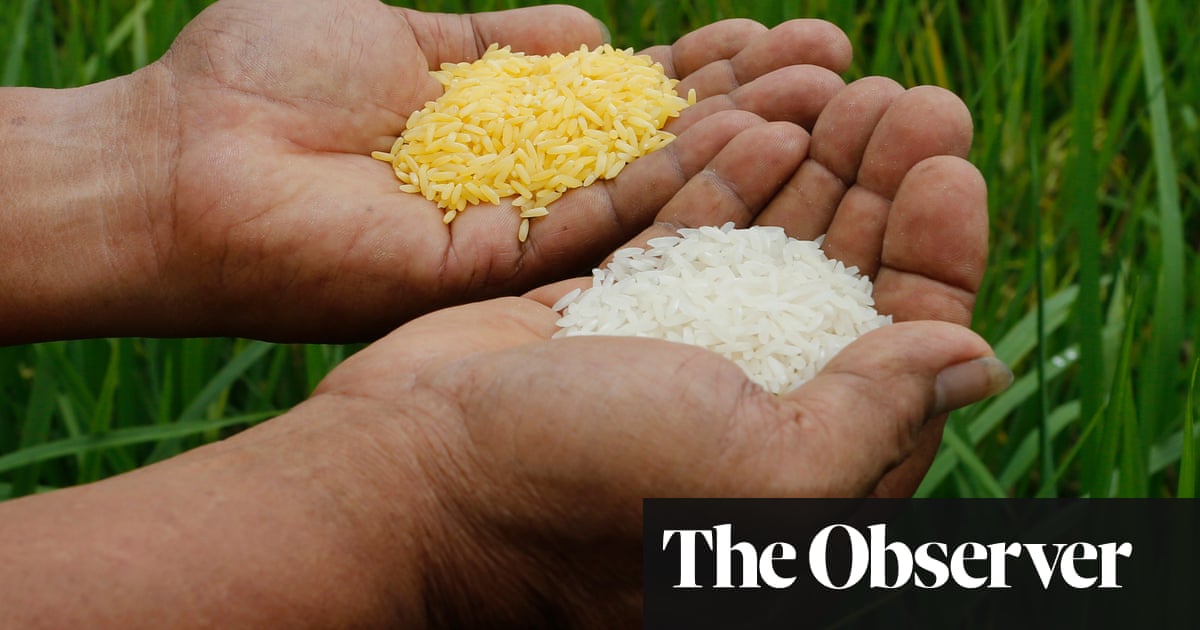- cross-posted to:
- news@lemmy.world
- cross-posted to:
- news@lemmy.world
Thousands of children could die after court backs campaign group over GM crop in Philippines, scientists warn
Scientists have warned that a court decision to block the growing of the genetically modified (GM) crop Golden Rice in the Philippines could have catastrophic consequences. Tens of thousands of children could die in the wake of the ruling, they argue.
The Philippines had become the first country – in 2021 – to approve the commercial cultivation of Golden Rice, which was developed to combat vitamin A deficiency, a major cause of disability and death among children in many parts of the world.
But campaigns by Greenpeace and local farmers last month persuaded the country’s court of appeal to overturn that approval and to revoke this. The groups had argued that Golden Rice had not been shown to be safe and the claim was backed by the court, a decision that was hailed as “a monumental win” by Greenpeace.
Many scientists, however, say there is no evidence that Golden Rice is in any way dangerous. More to the point, they argue that it is a lifesaver.



While nuclear energy can appear cost-effective compared to other energy sources, the true cost is often higher when considering indirect factors. Society typically bears these costs through taxes, insurance premiums, and health care costs rather than the price paid for nuclear-generated electricity.
These costs can be divided into several categories:
Environmental Costs: These include the long-term management of nuclear waste, the potential contamination from radioactive materials, and the decommissioning of nuclear plants. Managing nuclear waste safely over thousands of years is a significant and expensive challenge.
Health Costs: Exposure to radiation can have serious health impacts, including cancer and genetic damage. The cost of healthcare for affected individuals and communities can be substantial.
Accident Costs: In the event of a nuclear accident, such as the Chernobyl or Fukushima disasters, the costs can be immense. This includes evacuation, compensation, cleanup, and long-term environmental and health monitoring.
Security Costs: Ensuring that nuclear materials are not diverted for weapons use or targeted by terrorists involves significant expenditure on security measures and regulatory oversight.
Economic Costs: There can be broader economic impacts from nuclear accidents, including loss of agricultural or commercial land, reduced property values, and long-term disruption to local economies.
The most GPT ass comment I’ve ever read
PS: The evacuation at Fukushima killed more people than the actual disaster would have
PS: The materials used for nuclear reactors are not the materials used for nuclear bombs. Coal and gunpowder both burn, but you don’t throw gunpowder in a coal power plant, right?
No way this wasn’t written by ChatGPT